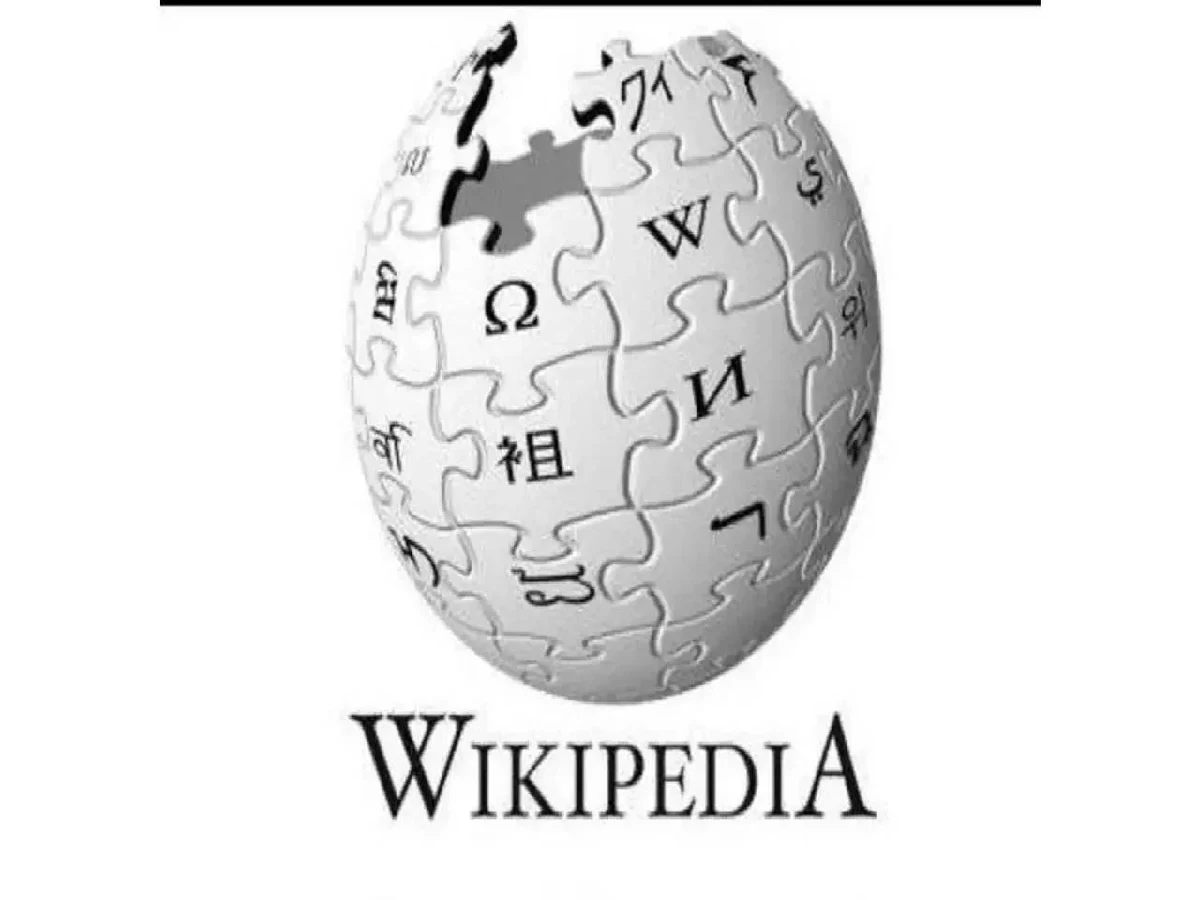The Indian government has formally warned Wikipedia of concerns over biased content and falsehoods on the network. According to government sources, officials contacted Wikipedia editors after receiving complaints from Indian users who claimed that certain topics were prejudiced and inaccurate.
The alert expresses concern over a “small group” of editors holding significant control over Wikipedia’s content. The government criticizes the extent to which a small number of contributors have editorial control, claiming that this could lead to skewed narratives on sensitive matters.
A crucial part of the government’s notice is the disagreement about Wikipedia’s classification as an “intermediary.” Under Indian IT rules, intermediaries are generally exempt from liability for user-generated content if they follow specific guidelines. However, the notice questions if Wikipedia should be designated as a “publisher,” which would require more accountability for content on its network.
Other sites, such as Twitter, Facebook, and Instagram, have previously under scrutiny as the government imposed stronger controls on misinformation, dangerous content, and “digital sovereignty.”
Wikipedia’s unique collaborative approach relies on volunteer editors worldwide to develop and manage content. However, the government’s worries highlight the difficulties of maintaining accuracy and neutrality on a platform that relies on community-driven editorial control.

